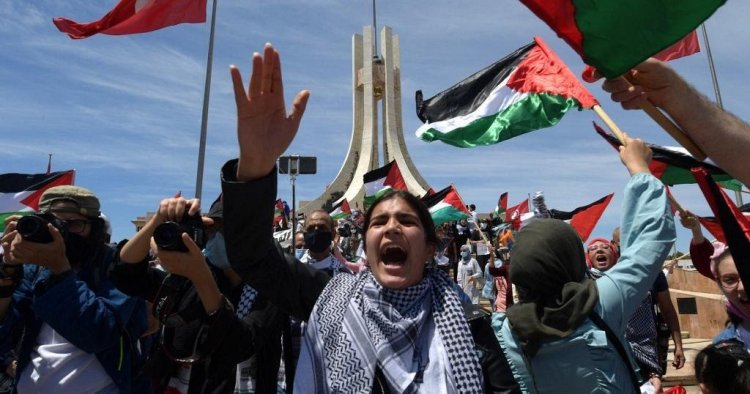Tunisia: PDL protests over price spikes result in scuffles with the police

The economic situation of Tunisia has been worsening in the last few years. The North African country’s inflation is mainly caused by the continuous increase in the prices of basic goods that started in 2017, which has been aiming at tackling the country’s budget deficit. Recently, the inflation rate has been stabilized around 5%, mainly caused by a 6% increase in the prices of food since last year. Notably in edible oils (13.8%), vegetables (10.2%) and dairy products (8.1%), according to data of the National Institute of Statistics. To all of this we have to add the COVID-19 crisis, which along with the previous situation, made the unemployment rate raise to 18% within the last year.
These Tunisian Government increases on the price of several commodities have been denounced by the Tunisian General Union of Labour (UGTT), who considers them a unilateral implementation of programmes dictated by the International Monetary Fund. In their most recent statement, the UGTT responded to the Government’s latest price increase by stressing the absence of social measures, fair policy on taxes and wealth distribution, undermining of citizens’ purchase power.
Under these circumstances, a demonstration took place last Saturday in response to these price increases. Within it, more than 2,000 people aimed at reaching the central square near the parliament. The protests were organized by the PDL right-wing political party, and they also demanded the dissolution of the Tunisian Parliament.
During the demonstration, protesters that wanted to advance to the parliament square were pushed back by police officers leading to some tussle between public authorities and demonstrators.
After this scuffle between police and protesters, Noureddine Taboubi, Secretary-General of the UGTT announced on Monday that a national administrative committee will be held at the end of this week or early next week to take a series of decisions following the rise in prices of some basic food products. Taboubi also declared that the committee will “take the appropriate decisions to defend the purchasing power of Tunisians in this extremely critical period the country is going through”.
Moreover, in relation to another increase on fuel prices, Taboubi claimed that the North African country was “moving towards collapse”.

































